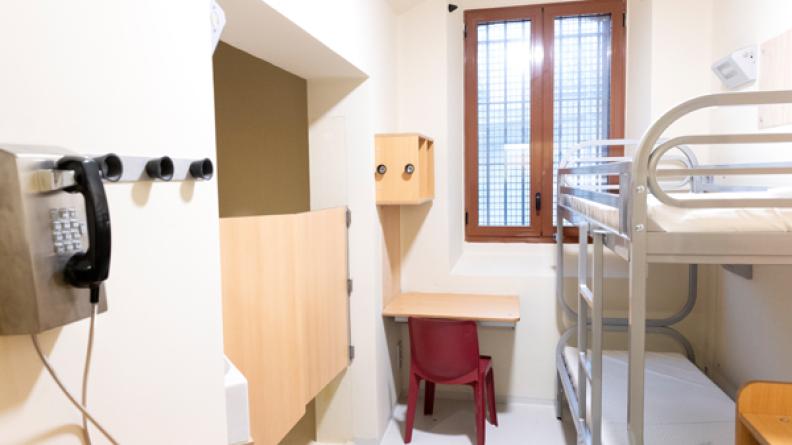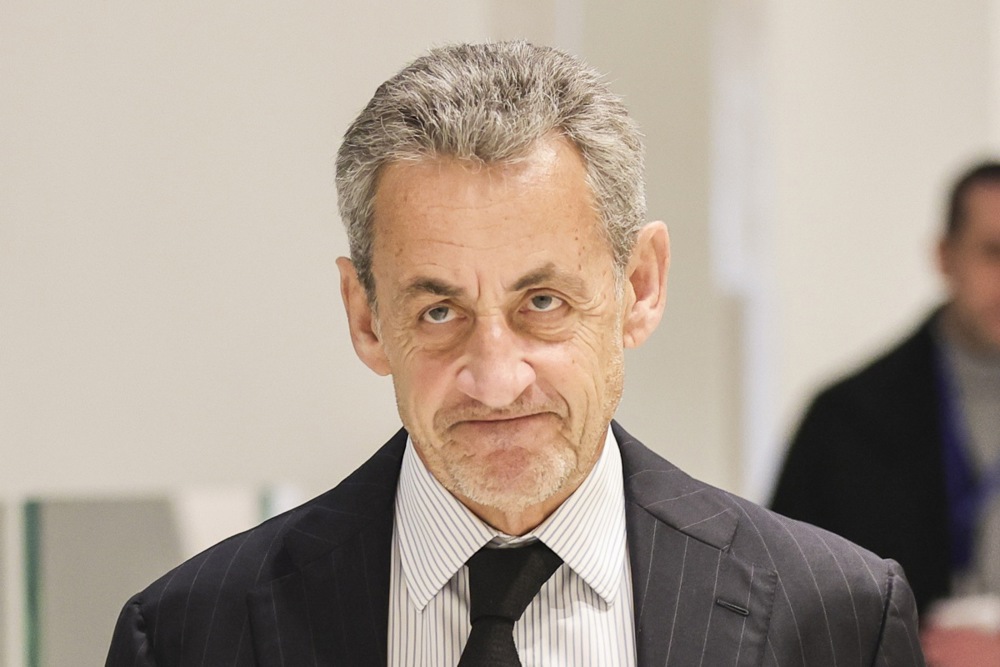Ex-French president Nicolas Sarkozy could soon find himself behind bars in Paris’ notorious La Santé prison, according to French media.
He is most likely to be placed in the prison’s so-called “vulnerable persons” unit, where well-known figures are kept apart from the general population for their own safety.
Sarkozy, 69, would have the same basic conditions as others in the wing: A narrow bed bolted to the floor, a hotplate, limited storage and a small desk.
Cells come with a shower, meaning he will not have to share ablutions with other inmates.
Cells also have a fridge and a television.
Prison insiders say Sarkozy would likely take his two daily walks alone to reduce security risks.
He would also be allowed up to three family visits a week.

La Prison de la Santé was renovated in 2019, with state-of-the-art technologies, including a new system jamming mobile phone reception, meaning prisoners cannot use contraband mobile phones.
At the same time, they do have access to landline telephones inside their cells to make monitored, authorised calls.
On September 25, Sarkozy was sentenced to five years in prison and five years of ineligibility to stand in elections over his connections with the late Libyan dictator Muammar Gaddafi, who helped finance Sarkozy’s successful 2007 presidential campaign.
Sarkozy is denying any wrongdoing and accuses prosecutors and investigating judges of “persecution”.
La Santé, in Paris’s 14th arrondissement, has held its fair share of infamous figures, including disgraced Republican politician and Sarkozy’s “childhood friend” Patrick Balkany, jailed in 2019 for tax fraud.
The former president will not be locked up immediately.
Sarkozy will appear on October 13 to the National Financial Prosecutor’s Office (PNF). On that day, he will learn the date of his imprisonment, which should take place within four months from then.
As soon as he walks through the doors of La Santé prison, his lawyers will be able to file a request for his release.
The Court of Appeal then has two months to rule on the matter.





